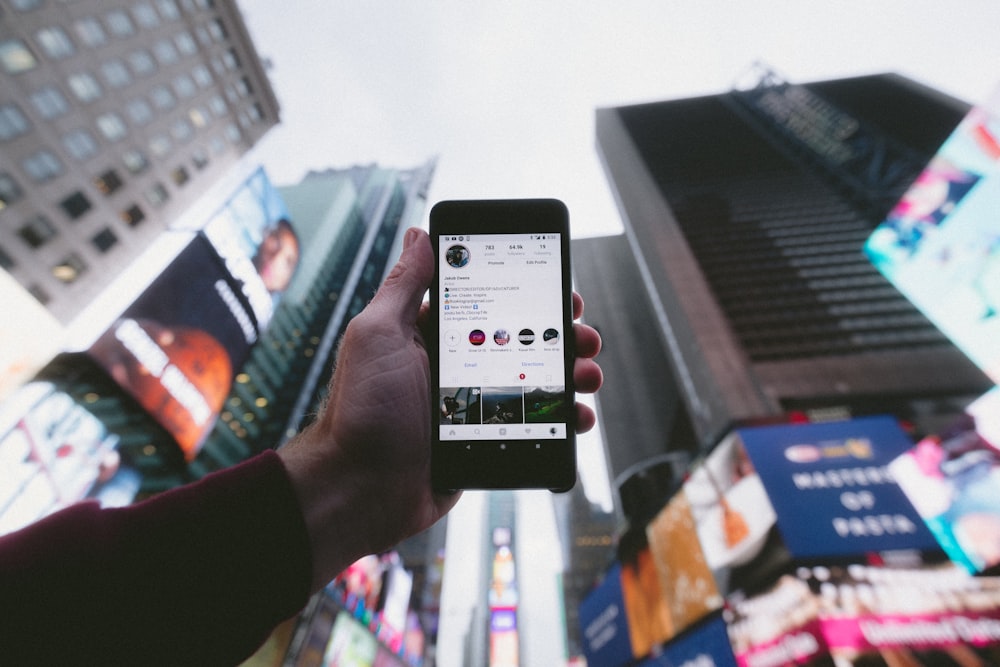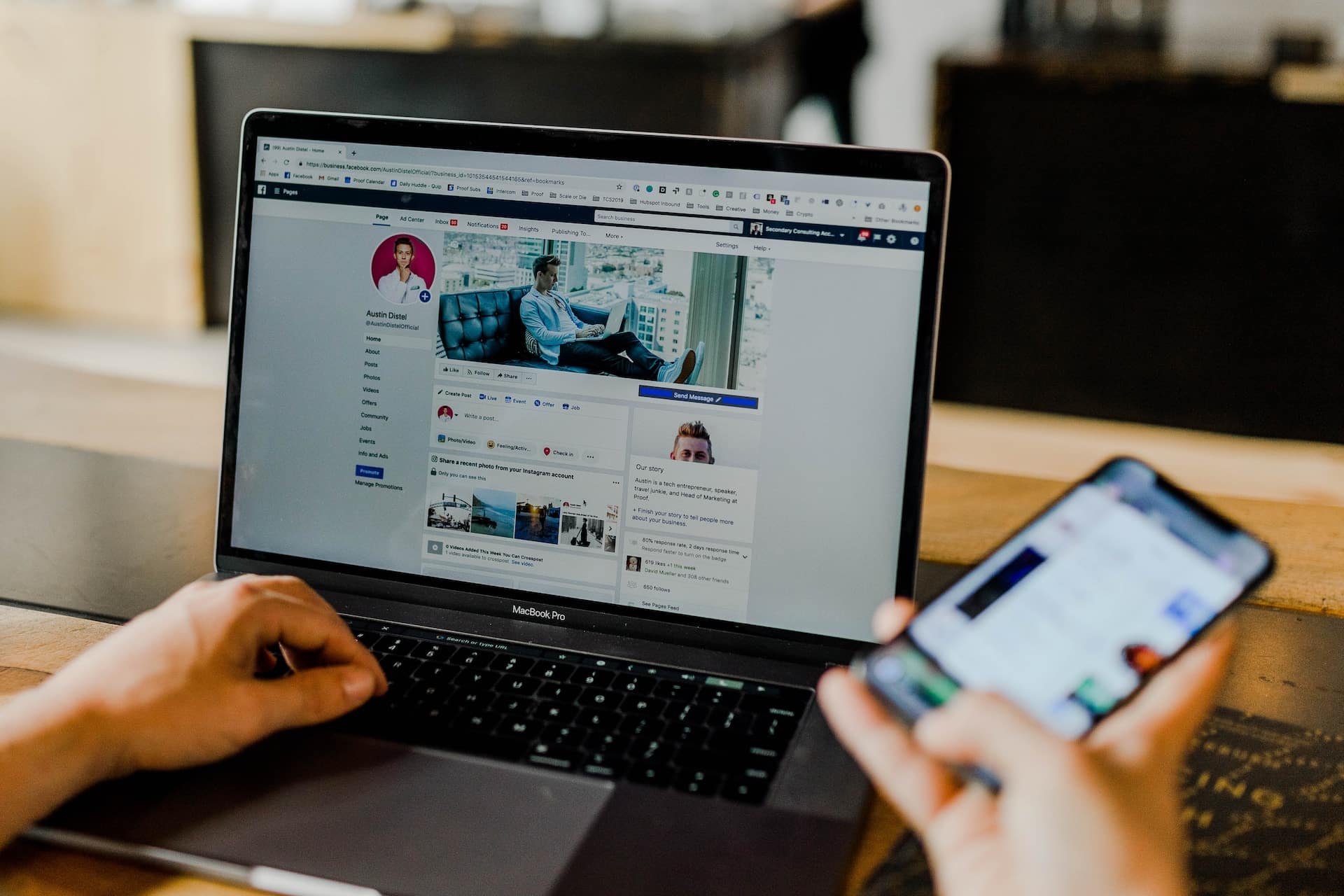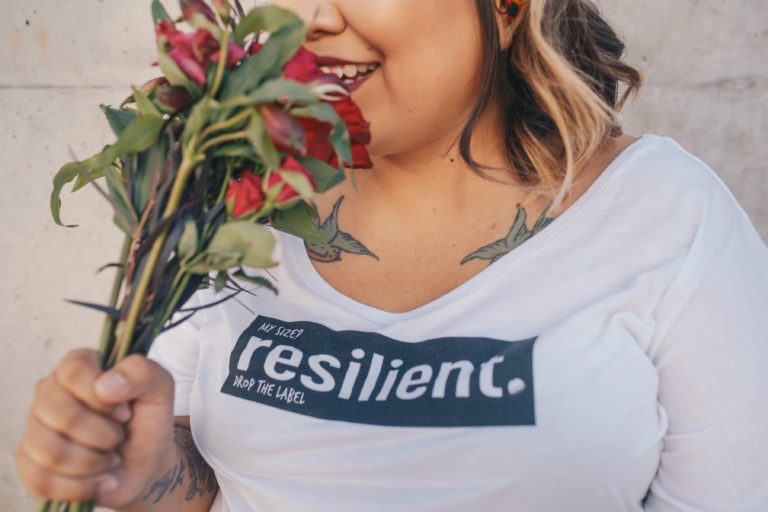Social media has become an integral part of our lives, with millions of people using it daily to connect with others and stay informed. It has transformed the way we communicate, interact, and consume information. Social media platforms like Facebook, Instagram, Twitter, TikTok, and others have provided us with numerous benefits, including easy access to information, instant communication with others, and a sense of community. However, as with any technological advancement, social media has its downsides. One of the most significant negative impacts of social media is on our mental health. To maintain a healthy balance in a digital world, it is essential to limit social media usage, unfollow or mute accounts that make you feel anxious or inadequate, take regular breaks, cultivate real-life relationships, and seek professional help if needed. This article will explore the complex and multifaceted impact of social media on mental health and provide tips on how to stay balanced in a digital world.
Understanding the Impact of Social Media on Mental Health

Social media platforms are designed to keep us engaged and addicted to their services. The more time we spend scrolling through our feeds, the more revenue these platforms generate. However, this constant need to check social media has a profound impact on our mental health. Here are some ways in which social media affects our mental well-being:
- Increased Stress and Anxiety: Social media can be a source of stress and anxiety because it presents us with a curated version of other people’s lives, which can make us feel like we’re not measuring up. Studies have shown that people who spend more time on social media are more likely to experience symptoms of anxiety and depression. Additionally, social media can lead to a phenomenon known as social comparison, where we compare our lives to others and feel like we’re not good enough. This can be especially harmful for individuals with pre-existing mental health conditions.
- Sleep Disturbances: The blue light emitted by electronic devices can interfere with our body’s production of melatonin, a hormone that regulates sleep. When our melatonin levels are disrupted, it can make it harder to fall asleep and stay asleep. Using social media before bed can also stimulate our brains and make it harder to wind down and relax, leading to difficulty sleeping.
- Cyberbullying: Social media can provide a platform for cyberbullying, which can cause significant emotional distress. Cyberbullying can involve anything from hurtful comments to spreading rumors and can be especially harmful to young people who are still developing their sense of self. Being exposed to cyberbullying can lead to feelings of anxiety, depression, and even suicidal thoughts.
- FOMO: Fear of missing out (FOMO) is a common phenomenon associated with social media usage. People often feel like they need to keep up with their friends and peers on social media, even if it means sacrificing other aspects of their lives. This constant need to stay connected can lead to feelings of anxiety and stress.
- Addiction: Social media addiction is a real problem that can have a negative impact on mental health. People may find themselves spending hours on social media, neglecting other important aspects of their lives such as work, school, and relationships. This can lead to feelings of guilt, anxiety, and even depression. Social media addiction can be especially harmful for individuals who already struggle with mental health issues such as anxiety or depression.
While social media can have negative impacts on mental health, it can also have positive impacts as well.
Here are some ways in which social media can positively impact mental health:

- Building and maintaining social connections: Social media platforms allow individuals to connect with people from all around the world. This can be especially beneficial for individuals who live in remote or isolated areas. Maintaining social connections has been shown to reduce feelings of loneliness and improve overall mental health.
- Increased access to support groups: Social media provides a platform for individuals to connect with others who share similar experiences and struggles. This can be especially beneficial for individuals dealing with mental health challenges, as it can provide them with a sense of community and support.
- Encouraging self-expression: Social media platforms provide individuals with an outlet for self-expression. This can be especially beneficial for individuals who struggle to express themselves in face-to-face interactions. Being able to express oneself can improve self-esteem and overall mental well-being.
- Access to information and resources: Social media provides individuals with access to a wealth of information and resources related to mental health. This can be especially beneficial for individuals who may not have access to traditional healthcare resources.
- Promoting mindfulness and self-care: Social media platforms can be used to promote mindfulness and self-care practices. For example, individuals can follow accounts that post inspirational quotes or mindfulness exercises. This can be a helpful reminder to prioritize self-care and can improve overall mental well-being.
It is important to note that the impact of social media on mental health is complex and multifaceted. While social media can have positive impacts on mental health, it can also have negative impacts as well. It is important for individuals to be mindful of their social media use and to prioritize self-care practices to maintain a healthy balance in a digital world.
How to Stay Balanced in a Digital World

- Limit Social Media Usage: One of the best ways to stay balanced in a digital world is to limit the amount of time you spend on social media platforms. Setting a specific time limit can help you control the amount of time you spend on social media. You can use apps that track your usage and remind you when you’ve exceeded your set limit.
- Unfollow or Mute Accounts: If certain accounts on social media make you feel inadequate or anxious, consider unfollowing or muting them. This can help you reduce the amount of negative content that you see on your feed, and focus on more positive and uplifting content.
- Take Breaks: Taking regular breaks from social media can help you reset your mind and focus on other aspects of your life. Consider taking a digital detox for a few days to completely disconnect from social media and technology. During this time, you can focus on other activities like spending time with loved ones, reading a book, or going for a walk.
- Cultivate Real-Life Relationships: Cultivating real-life relationships with people outside of social media is important for maintaining a balanced life. Spend time with family and friends in person, engage in hobbies, and pursue other interests that don’t involve social media. This can help you build deeper connections and improve your overall well-being.
- Seek Professional Help: If you are struggling with social media addiction or mental health issues related to social media usage, seek professional help. There are therapists and counselors who specialize in digital addictions and can provide effective treatments. They can help you develop strategies for managing your social media usage and improving your mental health.
Remember, social media can have a powerful impact on our mental health, both positive and negative. By staying mindful and taking steps to maintain a healthy balance, we can harness the benefits of social media while avoiding its negative effects.
In conclusion, social media has transformed the way we communicate, interact, and consume information. While it provides us with numerous benefits, it has negative impacts on our mental health, such as increased stress and anxiety, sleep disturbances, cyberbullying, FOMO, and addiction. However, it can also have positive impacts, such as building and maintaining social connections, increased access to support groups, and promoting mindfulness and self-care practices. To stay balanced in a digital world, it is important to limit social media usage, unfollow or mute accounts that make you feel anxious or inadequate, take regular breaks, cultivate real-life relationships, and seek professional help if needed. It is essential to be mindful of social media use and prioritize self-care practices to maintain a healthy balance in a digital world.




